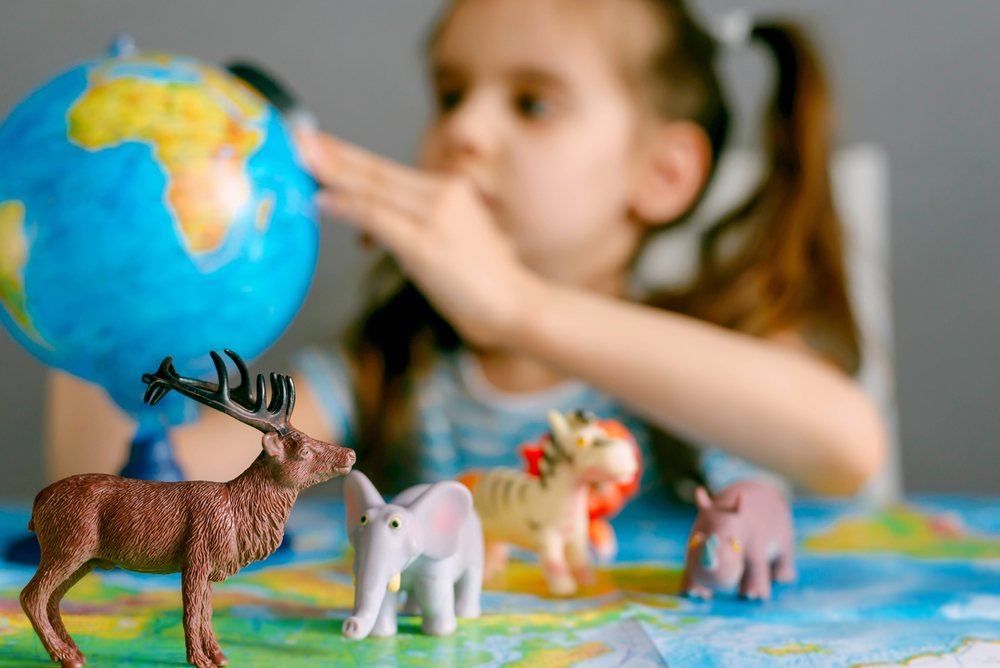Geography Worksheets for Ages 6-8 - Page 3
58 filtered results
-
From - To
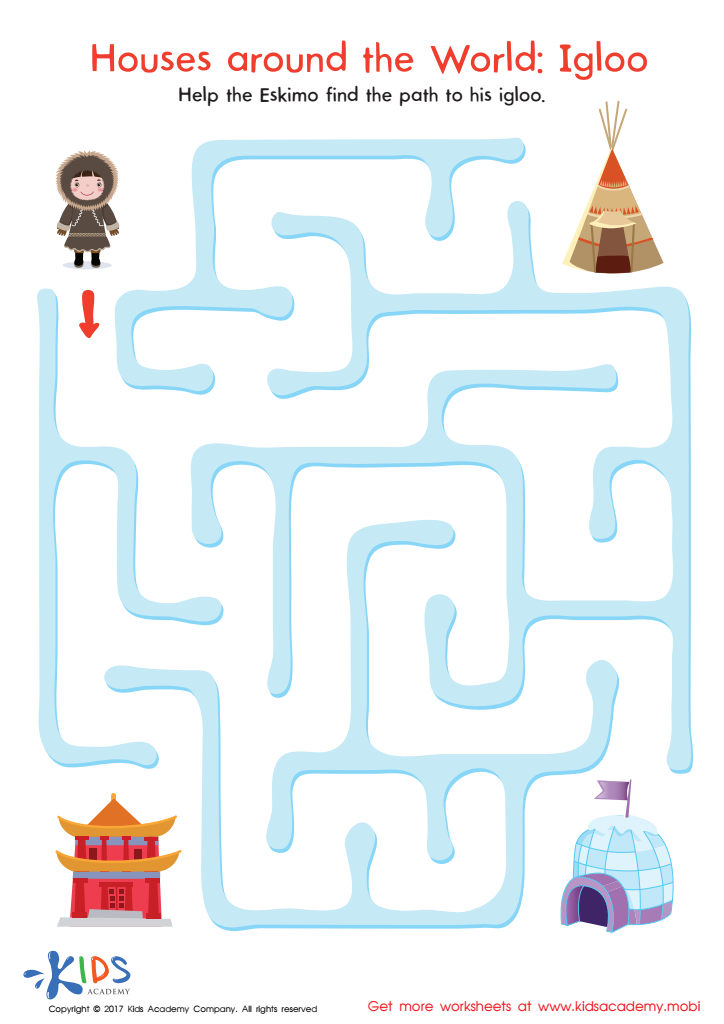

Houses Around the World: Igloo Printable
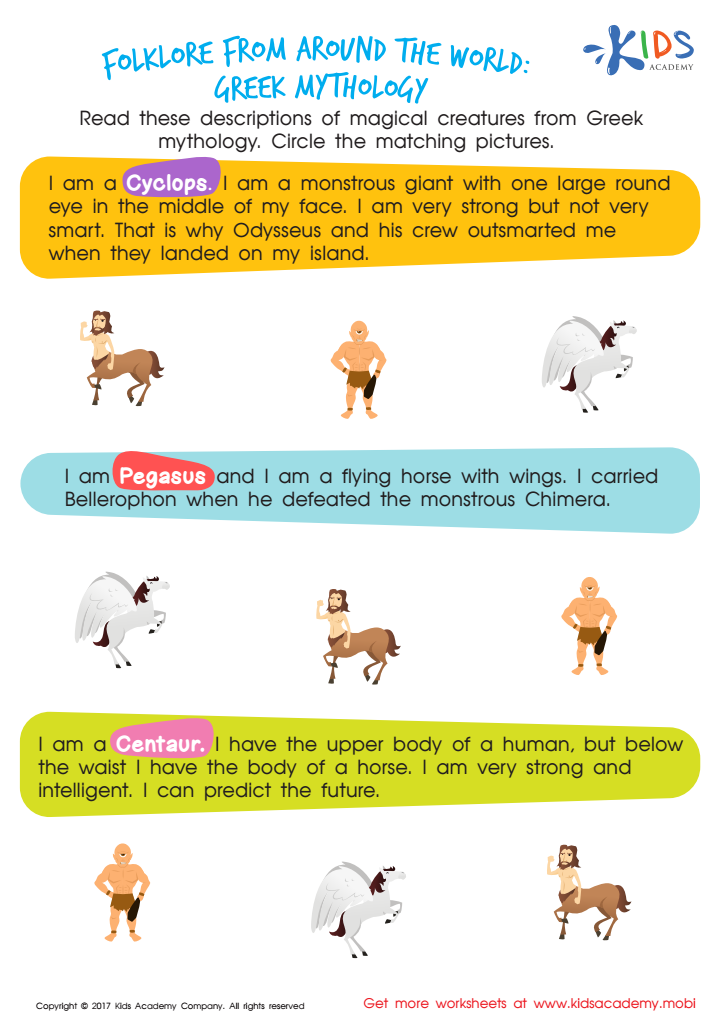

Greek Mythology Worksheet
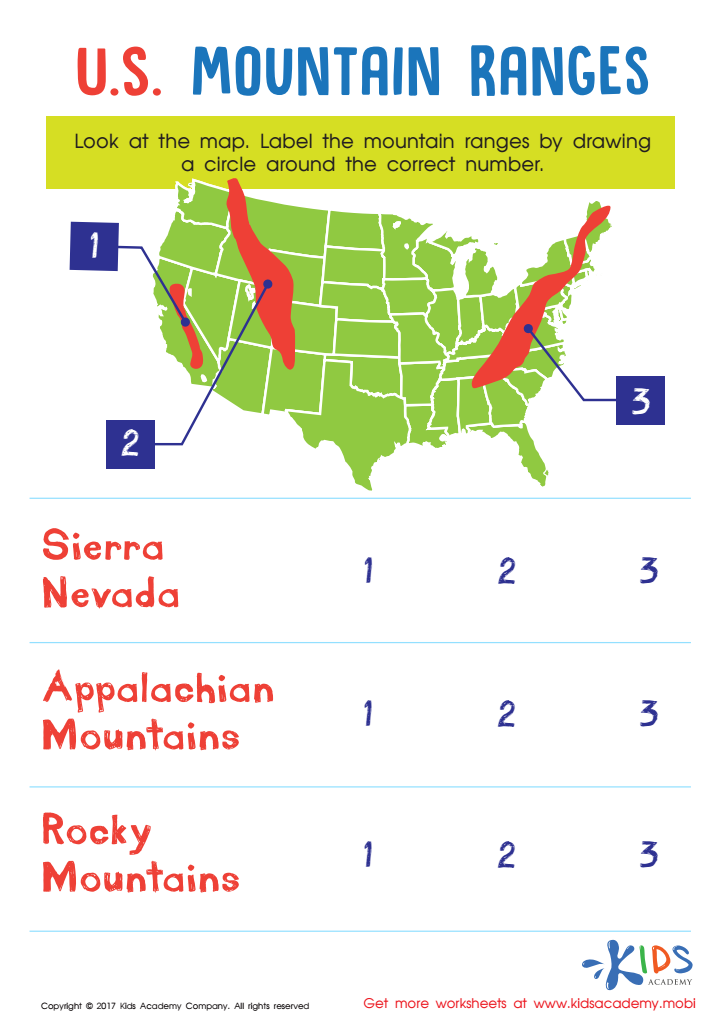

US Mountain Ranges Worksheet
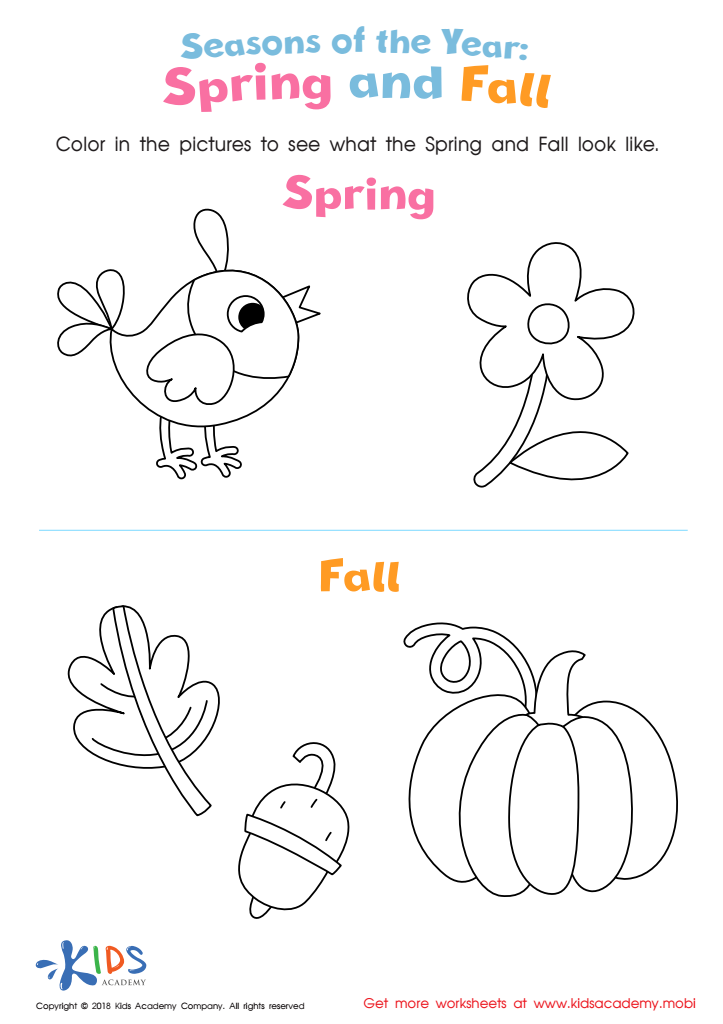

Spring and Fall Worksheet
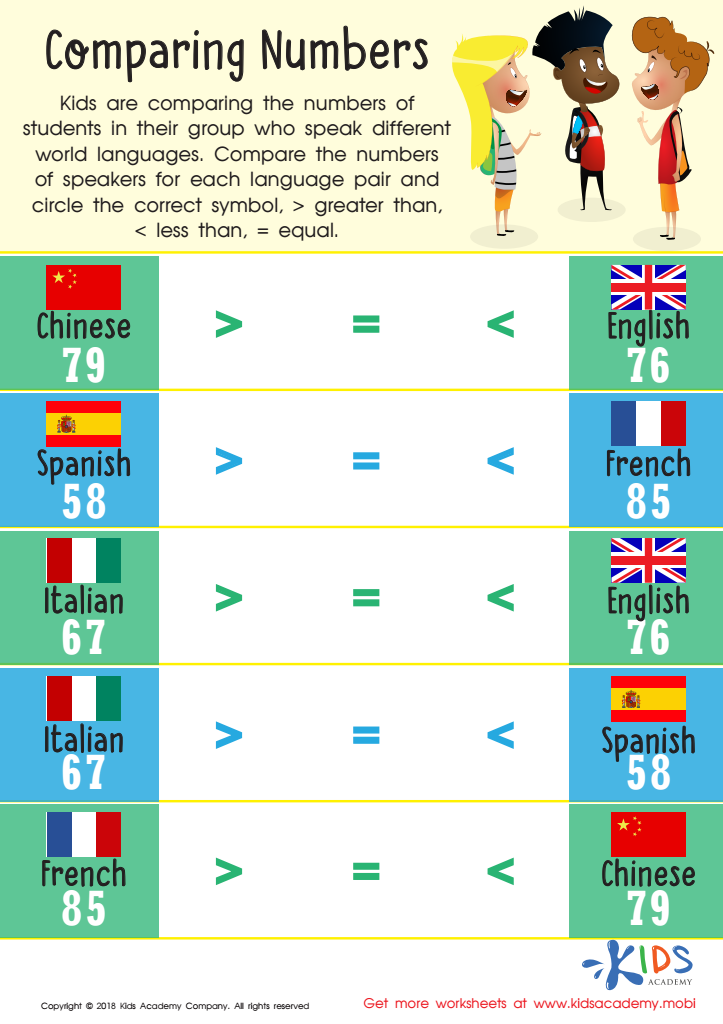

Comparing Numbers Worksheet for 1st Grade
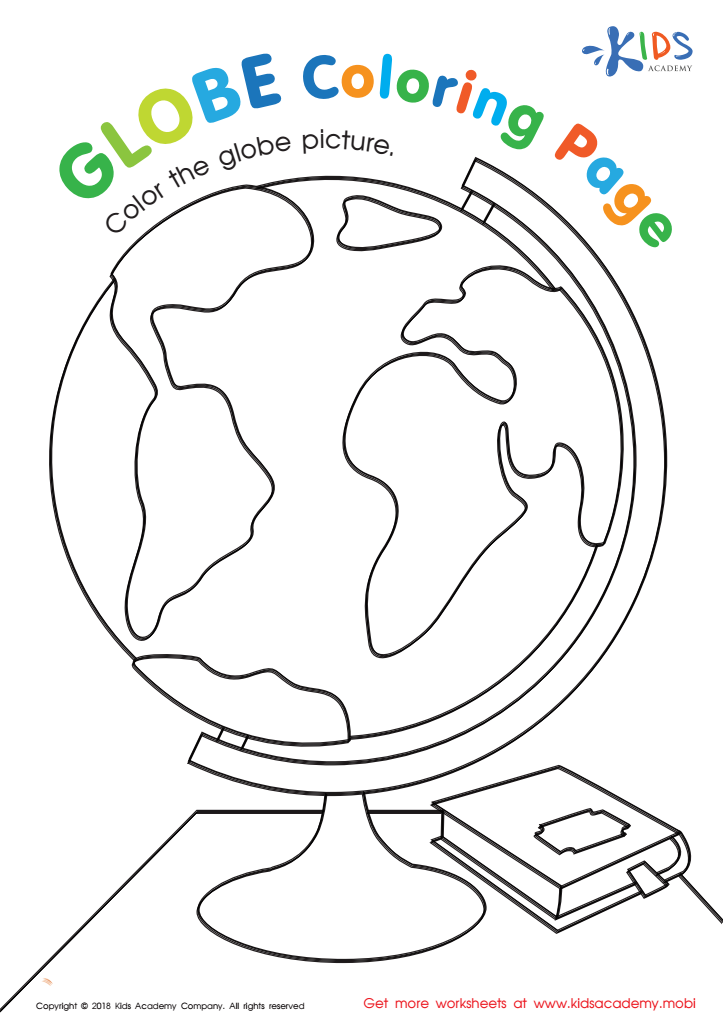

Globe Coloring Page Worksheet
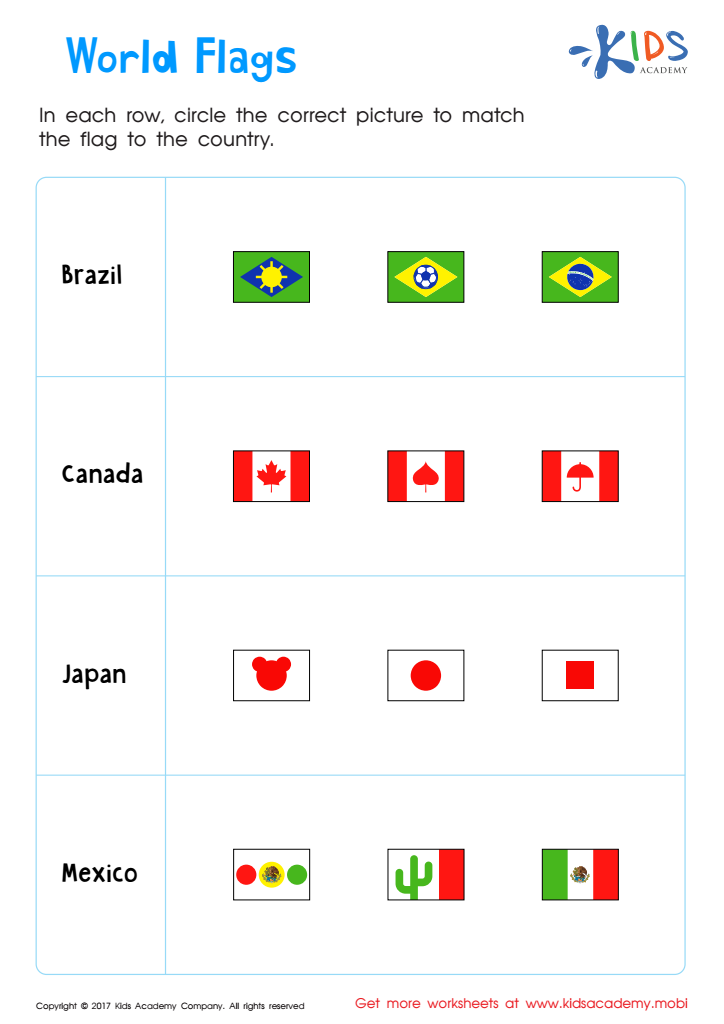

World Flags Printable
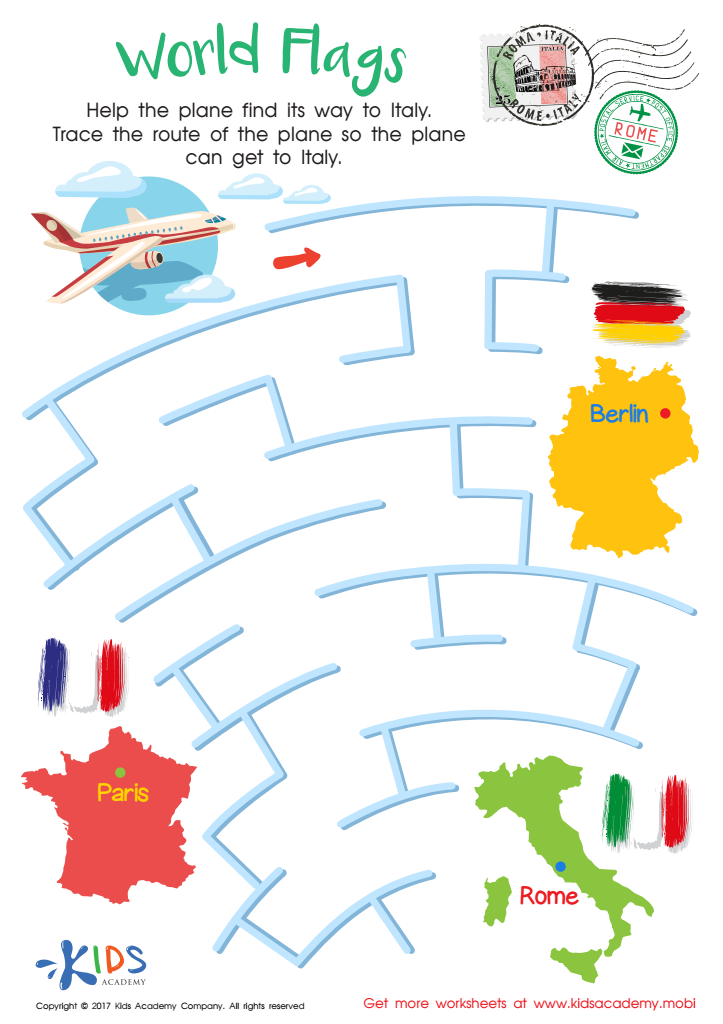

World Flags Maze Worksheet
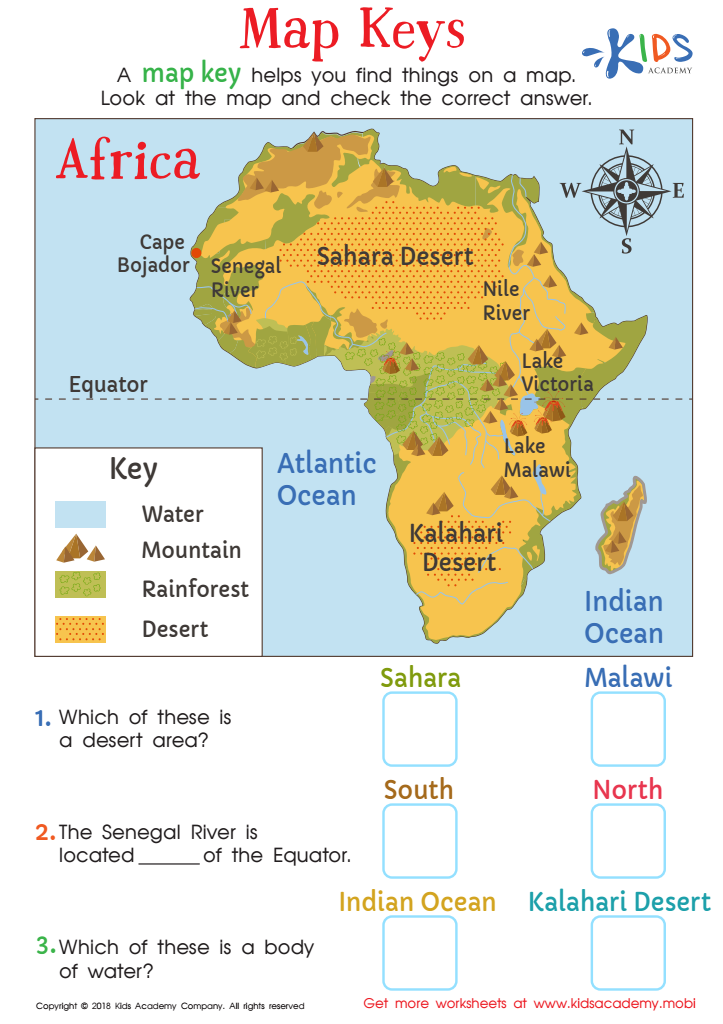

Map Keys Worksheet
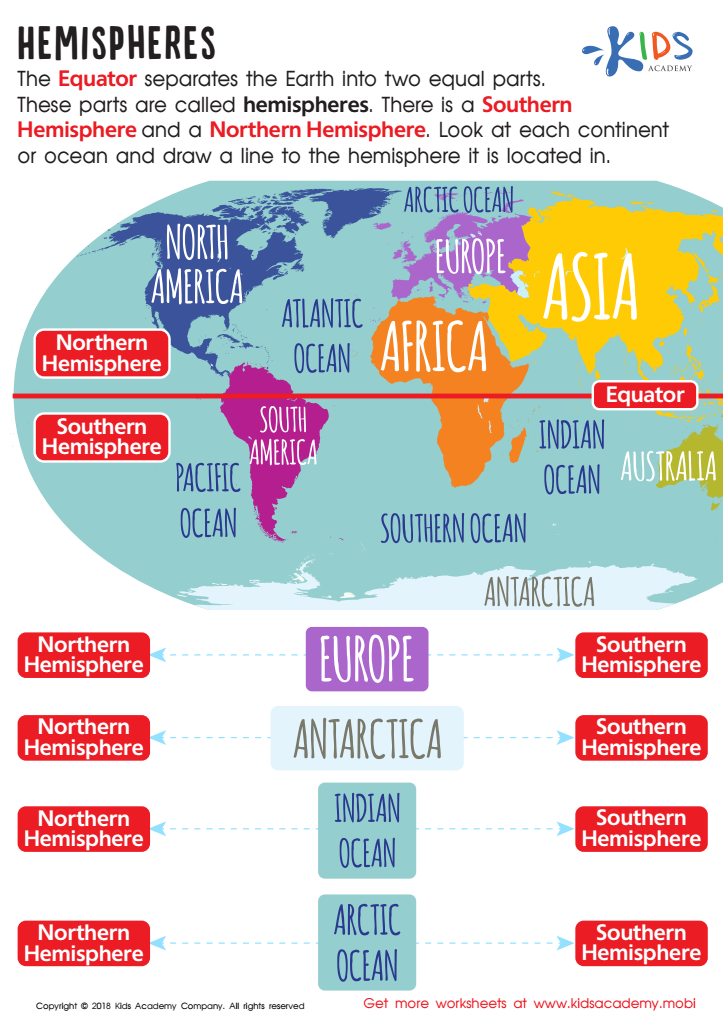

Hemispheres Worksheet
Geography is essential for children aged 6-8 as it forms a foundational understanding of the world around them. At this age, children are naturally curious about their environment, and Geography helps to channel that curiosity into learning. It fosters their spatial awareness, enabling them to understand maps, directions, and locations, which is critical for their navigation skills as they grow.
Learning Geography also enhances children’s cultural awareness by exposing them to diverse countries, people, and traditions. This awareness nurtures empathy and appreciation for differences, fostering inclusivity from an early age. Understanding geographic concepts encourages critical thinking, as children learn to distinguish between physical features, climate zones, and human interactions with the environment.
Furthermore, Geography often ties into real-world issues such as climate change, urbanization, and resource management, making it relevant and impactful. As children engage with these topics, they become informed citizens, better equipped to contribute positively to their communities.
In summary, caring about Geography is crucial for parents and teachers as it lays the groundwork for responsible, culturally aware, and engaged individuals who can navigate and contribute meaningfully in an interconnected world.

 Assign to My Students
Assign to My Students









